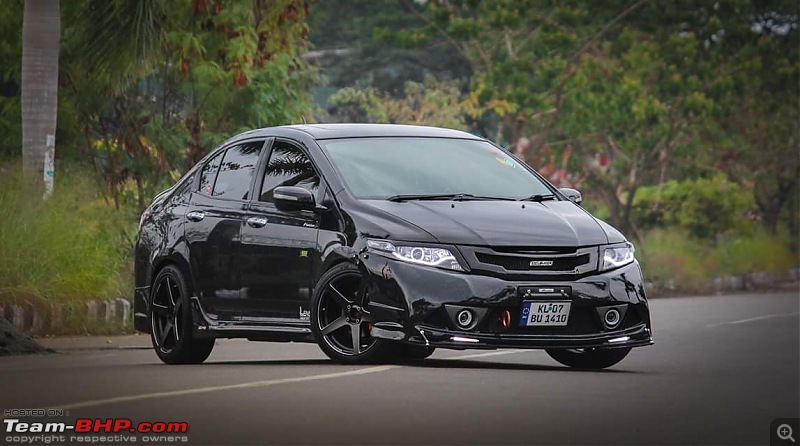| |||||||
| View Poll Results: Which is your pick from the following? | |||
| Naturally Aspirated Petrol Engine | | 309 | 50.08% |
| Turbo Charged Petrol Engine | | 278 | 45.06% |
| Other(Please specify) | | 30 | 4.86% |
| Voters: 617. You may not vote on this poll | |||
 |
| Search this Thread |  181,704 views |
| | #1 |
| BHPian Join Date: Jul 2018 Location: India
Posts: 65
Thanked: 158 Times
| |
| |  (24)
Thanks (24)
Thanks
|
| |
| | #2 |
| Senior - BHPian | |
| |  (12)
Thanks (12)
Thanks
|
| | #3 |
| BHPian Join Date: Jun 2019 Location: Bangalore
Posts: 56
Thanked: 47 Times
| |
| |  (2)
Thanks (2)
Thanks
|
| | #4 |
| BHPian Join Date: Nov 2019 Location: Chennai, Boston
Posts: 57
Thanked: 118 Times
| |
| |  (6)
Thanks (6)
Thanks
|
| | #5 |
| BHPian Join Date: Aug 2019 Location: Baramati,Pune
Posts: 27
Thanked: 31 Times
| |
| |  (4)
Thanks (4)
Thanks
|
| | #6 |
| BHPian Join Date: May 2008 Location: KA-09
Posts: 760
Thanked: 1,382 Times
| |
| |  (1)
Thanks (1)
Thanks
|
| | #7 |
| Senior - BHPian | |
| |  (20)
Thanks (20)
Thanks
|
| | #8 |
| Distinguished - BHPian  | |
| |  (5)
Thanks (5)
Thanks
|
| | #9 |
| Team-BHP Support  Join Date: Aug 2009 Location: Bangalore
Posts: 9,149
Thanked: 14,521 Times
| |
| |  (24)
Thanks (24)
Thanks
|
| | #10 |
| Distinguished - BHPian  | |
| |  (11)
Thanks (11)
Thanks
|
| | #11 |
| Senior - BHPian Join Date: Jun 2015 Location: Chicago
Posts: 3,002
Thanked: 6,919 Times
| |
| |  (6)
Thanks (6)
Thanks
|
| |
| | #12 |
| Team-BHP Support  | |
| |  (31)
Thanks (31)
Thanks
|
| | #13 |
| Distinguished - BHPian  Join Date: Oct 2009 Location: Chennai
Posts: 4,435
Thanked: 11,478 Times
| |
| |  (2)
Thanks (2)
Thanks
|
| | #14 |
| Distinguished - BHPian  Join Date: Aug 2011 Location: Bangalore
Posts: 4,781
Thanked: 19,126 Times
| |
| |  (2)
Thanks (2)
Thanks
|
| | #15 |
| Senior - BHPian Join Date: Feb 2011 Location: SG
Posts: 1,125
Thanked: 2,317 Times
| |
| |  (8)
Thanks (8)
Thanks
|
 |
Most Viewed








